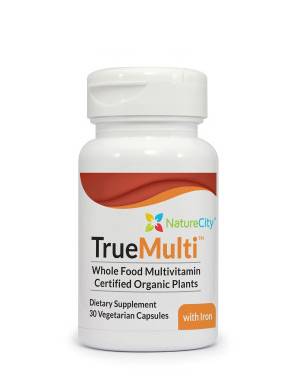ნოე . 12, 2024 19:26 Back to list
pvc water supply pipe
The Advantages of PVC Water Supply Pipes
In modern infrastructure, the choice of materials for water supply systems plays a significant role in ensuring efficiency, durability, and sustainability. Among various options, Polyvinyl Chloride (PVC) pipes have emerged as a popular choice for water supply applications. This article will explore the advantages of PVC water supply pipes, highlighting their characteristics, benefits, and applications.
Durability and Longevity
One of the primary advantages of PVC pipes is their exceptional durability. Unlike traditional materials such as galvanized steel or cast iron, PVC does not corrode or rust when exposed to water. This resistance to corrosion ensures a longer lifespan for the pipes, often exceeding 50 years when properly installed. Additionally, PVC pipes are immune to the effects of various soil chemicals and can withstand extreme environmental conditions, including high humidity and temperature fluctuations. This durability results in fewer repairs and replacements, ultimately reducing long-term maintenance costs.
Lightweight and Easy to Handle
PVC pipes are significantly lighter than their metal counterparts, making transportation and installation more manageable and cost-effective. The lightweight nature of PVC simplifies handling on construction sites, reducing labor requirements and expediting installation timelines. This lightweight characteristic is particularly beneficial in challenging terrains, where moving heavier pipes can be cumbersome and demanding.
Cost-Effective Solution
When evaluating the total life cycle costs, PVC pipes often present a more economical option for water supply systems. The initial investment in PVC is typically lower than that for traditional materials. Moreover, the reduced need for maintenance and repairs contributes to overall savings. The efficiency in installation further lowers labor costs, making PVC pipes a budget-friendly choice for both residential and commercial projects.
pvc water supply pipe

Resistance to Chemical Influences
PVC pipes are highly resistant to various chemicals, including chlorine, which is commonly found in drinking water treatment. This characteristic ensures that the integrity of the pipe is maintained over time, preventing leaching or contamination of the water supply. As public health standards continue to evolve, the chemical properties of PVC make it a reliable option for potable water systems, ensuring that water remains safe for consumption.
Versatile Applications
The versatility of PVC water supply pipes extends to a wide range of applications. They are suitable for residential plumbing, agricultural irrigation systems, and municipal water supply networks. The adaptability of PVC allows it to be used for both indoor and outdoor installations, accommodating various fittings and configurations to meet specific project needs. Whether supplying water to a single household or a large-scale municipal system, PVC pipes can be tailored to fit the requirements.
Environmentally Friendly
In today’s world, sustainability is a growing concern, and PVC pipes contribute to this goal in several ways. The manufacturing process of PVC is less energy-intensive compared to that of metal pipes, reducing the overall carbon footprint. Additionally, PVC is recyclable, meaning old pipes can be repurposed rather than ending up in landfills. This commitment to environmental responsibility is increasingly important as industries strive to adopt sustainable practices.
Conclusion
In conclusion, PVC water supply pipes offer a multitude of benefits that make them an ideal choice for various water supply applications. Their durability, lightweight nature, cost-effectiveness, chemical resistance, versatility, and environmental friendliness position them favorably in the plumbing industry. As infrastructure projects continue to demand reliable and efficient materials, PVC pipes are likely to remain a popular solution for both urban and rural water systems. Embracing the advantages of PVC can lead to improved water distribution, ensuring that communities have access to safe and reliable water supply systems for generations to come.
-
PP U-channel: Chemical-Resistant, Lightweight & Durable
NewsAug.10,2025
-
Transparent PVC Pipe: Clear Flexible Tubing for Fluids
NewsAug.09,2025
-
Durable PP Rigid Sheet: Versatile & High-Quality Plastic Panels
NewsAug.08,2025
-
Premium Glossy PP Rigid Sheet – Durable & Versatile
NewsAug.07,2025
-
High-Quality HDPE Sheet | Durable Plastic Panels
NewsAug.06,2025
-
High-Precision PVC Rigid Sheets for Vacuum Forming | AI-Optimized
NewsAug.05,2025

